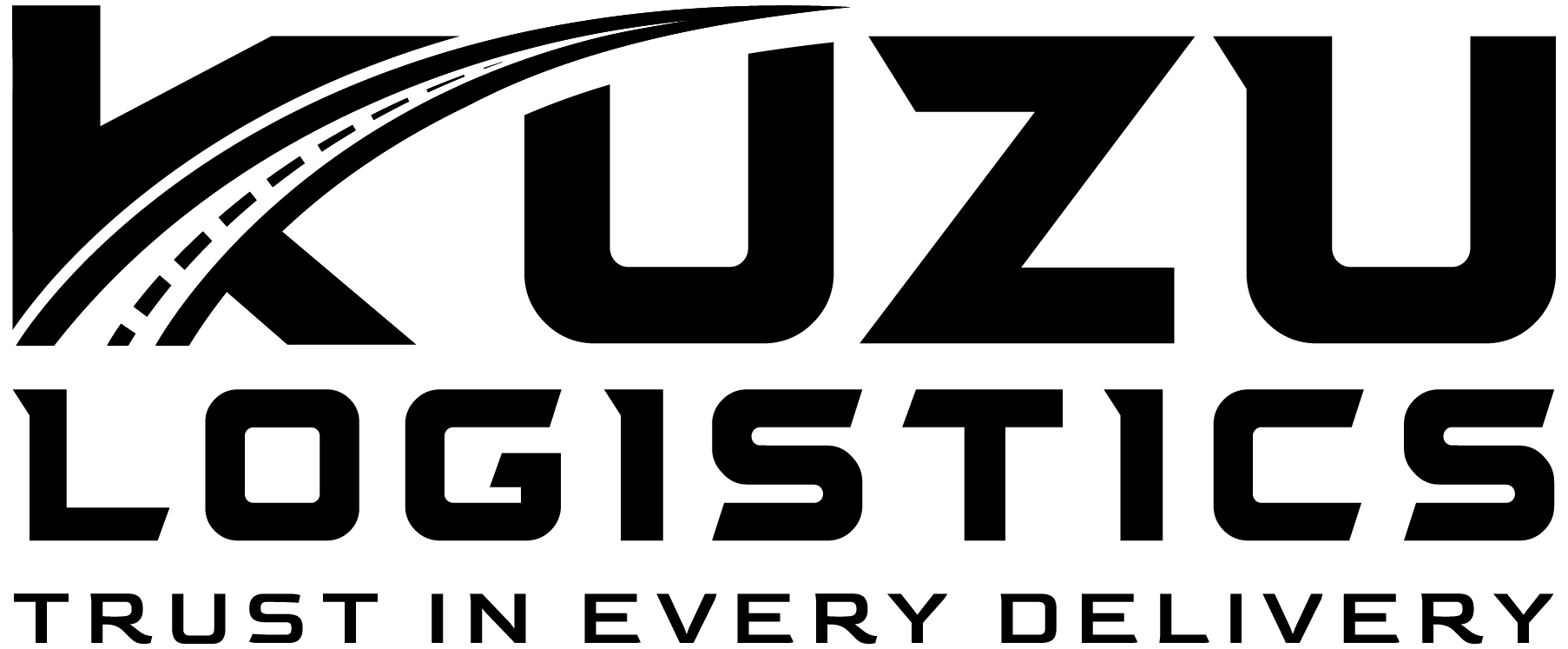

An operating room is ready. Doctors and nurses are prepared. But the crucial medical device is stuck in traffic or was mishandled during transport. In that moment, it becomes clear: logistics is not just about punctuality. It can literally be a matter of life and death.
Medical technology is among the most sensitive cargo in the world. Even the slightest vibration, temperature fluctuation or delay can cause damage. That damage is not only costly. In critical situations, it can be life-threatening.
Particularly sensitive transports include:
• Diagnostic equipment such as MRI or CT components
• Surgical instruments and robotic systems
• Laboratory technology for research and analysis
• Specialized equipment for intensive care and emergency medicine
Standard transport logistics are not enough here. What is needed are trained drivers, the right equipment and precise processes.
Transporting medical devices comes with major challenges.
• Sensitivity: Even minor vibrations or humidity can damage equipment.
• Time-critical deliveries: Shipments are often integrated into medical schedules. A delay can disrupt entire surgical plans.
• Cargo value: Medical devices can cost millions. Transport errors are unacceptable.
• Documentation: Every deviation must be recorded. Without traceability, legal risks quickly arise.
The good news: with the right logistics partner, most risks can be minimized.
Specialized transport providers use vehicles with liftgates and shock absorption. They provide real-time temperature monitoring and tracking. Drivers are trained to handle medical technology. Routes are planned individually to avoid delays.
The supply chain becomes what it needs to be: a lifeline that is reliable, safe and fully transparent.
Patients see doctors, nurses and advanced devices. What they do not see is the logistics working behind the scenes to ensure those devices arrive on time and in perfect condition. That is why experience and specialization in logistics are so critical.
At KUZU LOGISTICS, we understand that transporting medical devices is about more than punctuality. It is about responsibility.
• Safe and secure transport of sensitive medical technology
• GDP-compliant processes for pharmaceuticals and healthcare products
• Tailor-made solutions for hospitals, laboratories and research institutions
• Full transparency through tracking and documentation
When health and life are at stake, compromise is not an option.
Transporting medical devices is one of the most demanding tasks in logistics. It requires precision, responsibility and expertise. Standard providers often reach their limits here.
Organizations that rely on specialized logistics minimize risks, protect lives and safeguard the quality of medical care.